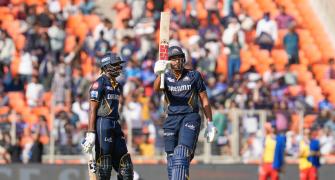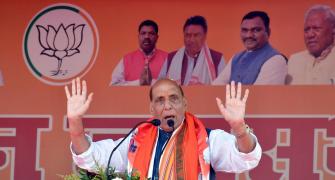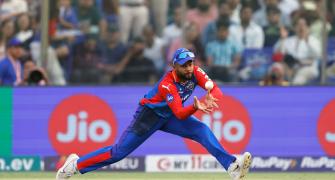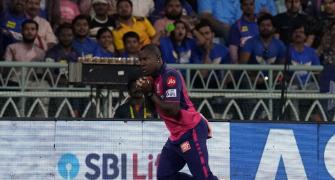Business subsidies may now attract tax, but those to to consumers such as on LPG may be exempted
 Subsidies, tax concessions and incentives that add to business income such as the one given for setting up plants in certain states may be taxed now, following a provision in the Finance Bill passed by the Lok Sabha recently. This could trigger yet another controversy pertaining to taxes.
Subsidies, tax concessions and incentives that add to business income such as the one given for setting up plants in certain states may be taxed now, following a provision in the Finance Bill passed by the Lok Sabha recently. This could trigger yet another controversy pertaining to taxes.
The Finance Bill has expanded the definition of income that is taxable under the Income Tax Act, 1961, by inserting a sub-clause on subsidies, grant, cash incentive and duty drawback, etc.
However, subsidies given to consumers such as Direct Benefits Transfer (DBT) may escape tax, experts say. But they want a clarification by the tax authorities on the matter.
Officials say the taxes may apply only to business income.
“There was an ongoing controversy on whether incentives given for setting up facilities in the form of grants and subsidies should be taxed. This provision in the Bill is meant to clear that. The clarification in the Finance Bill should be read contextually,” said a tax official.
According to amendments to the Finance Bill, the income shall include “assistance in the form of a subsidy or grant or cash incentive or duty drawback or waiver or concession or reimbursement by the central government or state government or any authority or body or agency in cash or kind to the assessee other than the subsidy or grant or reimbursement which is taken into account for determination of the actual cost of the asset”.
Commenting on the new clause, Bobby Parikh, partner, BMR Advisors, says, “Reading the amendment contextually, the inclusion of subsidies in taxable income could apply to only businesses. The concern stems from the way it has been worded as it could apply to all taxpayers. However, DBT schemes are meant for individuals that fall below the income tax bracket, so they may not be impacted.”
Taxability of ‘subsidies’ has been a subject matter of several judicial decisions on the classification of the benefit being capital or revenue in nature, depending on the purpose of the ‘subsidy’.
There were controversies and conflicts on taxability of income generated out of incentives and grants given to set up facilities. With this clarification, even duty rollbacks could come under the tax ambit. Some experts say a majority of duties are already liable to tax.
KPMG partner (international taxation) Naveen Aggarwal says concerns still remain and would require a clarification.
“The amendment has been made in Section 2(24) of the Income Tax Act that pertains to income and that could apply to all taxpayers. Even if the intent was to only tax business income, a plain reading of the law currently encapsulates all subsidies. However, the DBT are meant for individuals who fall below the taxable income, so may still escape taxation,” says Aggarwal.
Beginning with 54 districts last fiscal, the programme to enable consumers to buy domestic cooking gas at market price has expanded to the entire country from April 1. The government continues to subsidise 12 cylinders of 14.2-kg each to households in a year.
This subsidy is paid directly into bank accounts of users and the beneficiary then uses it to buy cooking gas at the market price. The subsidy transfer this month is Rs 198.18 per cylinder. It was Rs 203.18 in the previous month.








